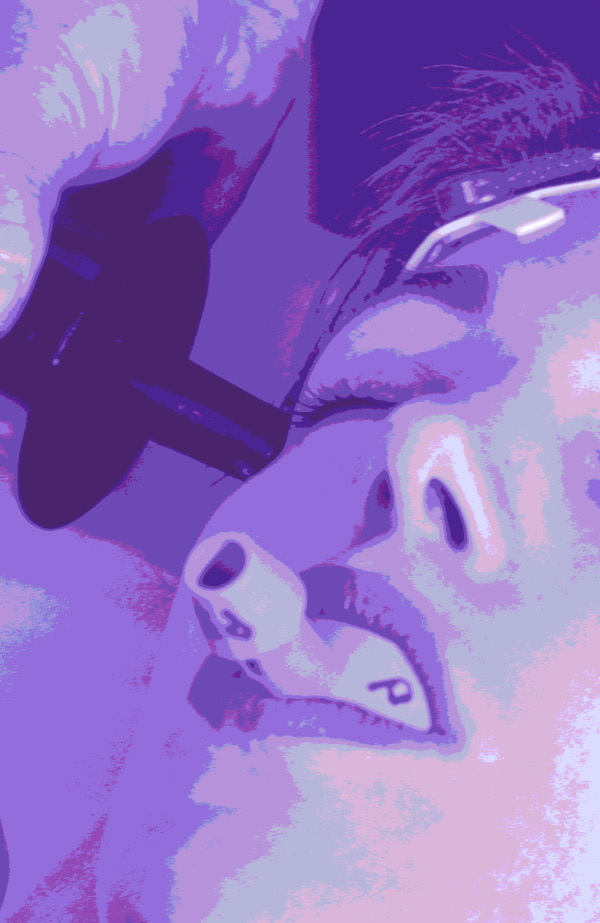Court test for forced shock therapy
 The Victorian Supreme Court is testing the validity of forced ‘shock therapy’ laws.
The Victorian Supreme Court is testing the validity of forced ‘shock therapy’ laws.
A woman with schizophrenia has launched legal action against a Mental Health Tribunal order forcing her to undergo 12 sessions of electroconvulsive treatment (ECT).
The team treating the woman had failed to get an ECT order from the Mental Health Tribunal twice in March, during hearings at which a lawyer was present.
At a third tribunal hearing, the treatment was approved before the patient could get legal advice.
Victoria Legal Aid (VLA) is now appealing an earlier Victorian Civil and Administrative Tribunal hearing upholding the compulsory ECT order.
Victorian law allows ECT to be forcibly administered if the tribunal believes the patient cannot give informed consent or there are no other “less restrictive” treatment options.
ECT without consent needs to be agreed to by a legal representative, a qualified psychiatrist and a community member.
VLA spokesperson Dan Nicholson says the majority of patients are not legally represented.
“Any decision to carry out ECT against a person's will is a significant one,” Mr Nicholson said.
“It's a treatment that many people find invasive and distressing.”
The tribunal holds about 700 hearings a year in which it decides whether someone will receive ECT.
VLA is also representing a schizophrenic man who underwent six treatments against his will before his psychiatrist decided he had regained the capacity to consent, at which time the treatment stopped.
“In Victoria, people have legal representation in only 8 per cent of ECT hearings, compared to 76 per cent in NSW,” Mr Nicholson said.
“The tribunal approves 90 per cent of ECT applications when a lawyer is not present, but only 50 per cent when a person facing ECT is represented by a lawyer.”
The Supreme Court is expected to rule on the notion of capacity to consent to ECT and exactly what the “least restrictive” treatment option means under law.







 Print
Print